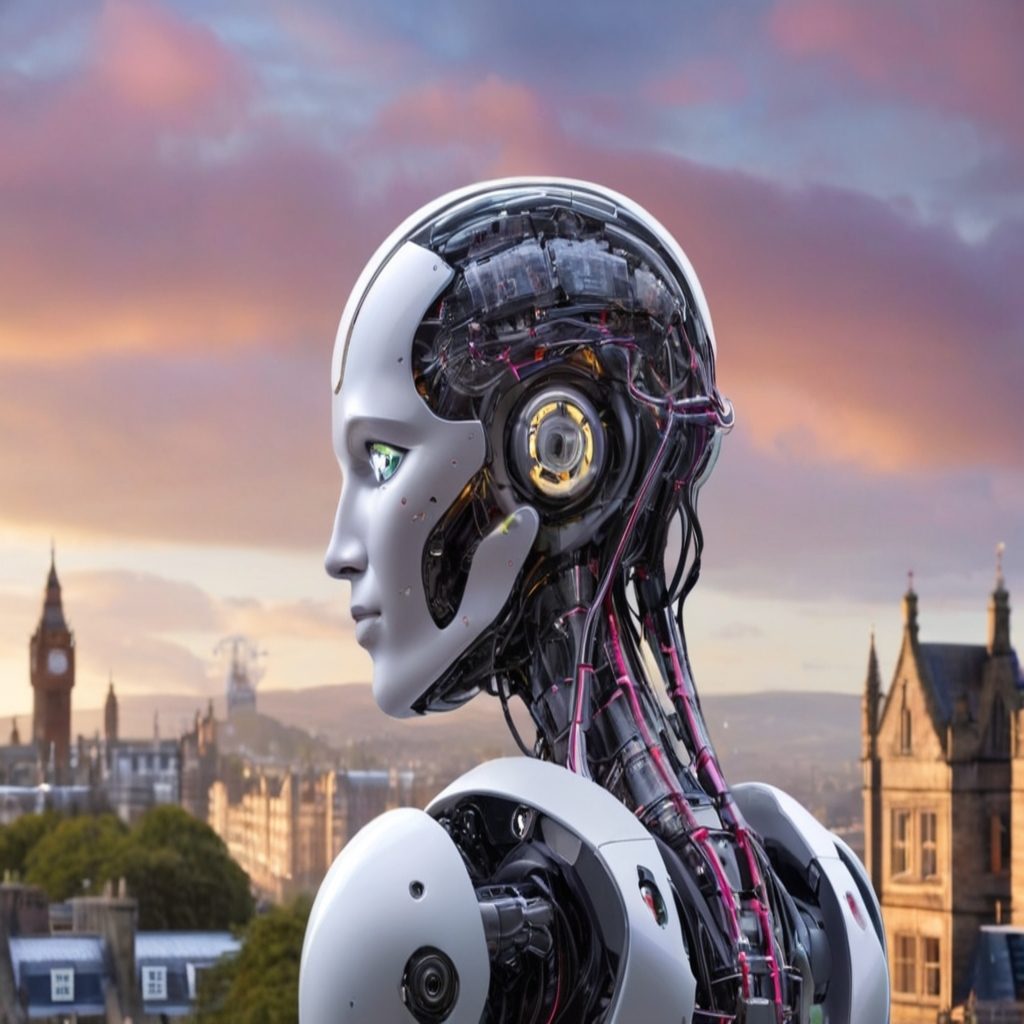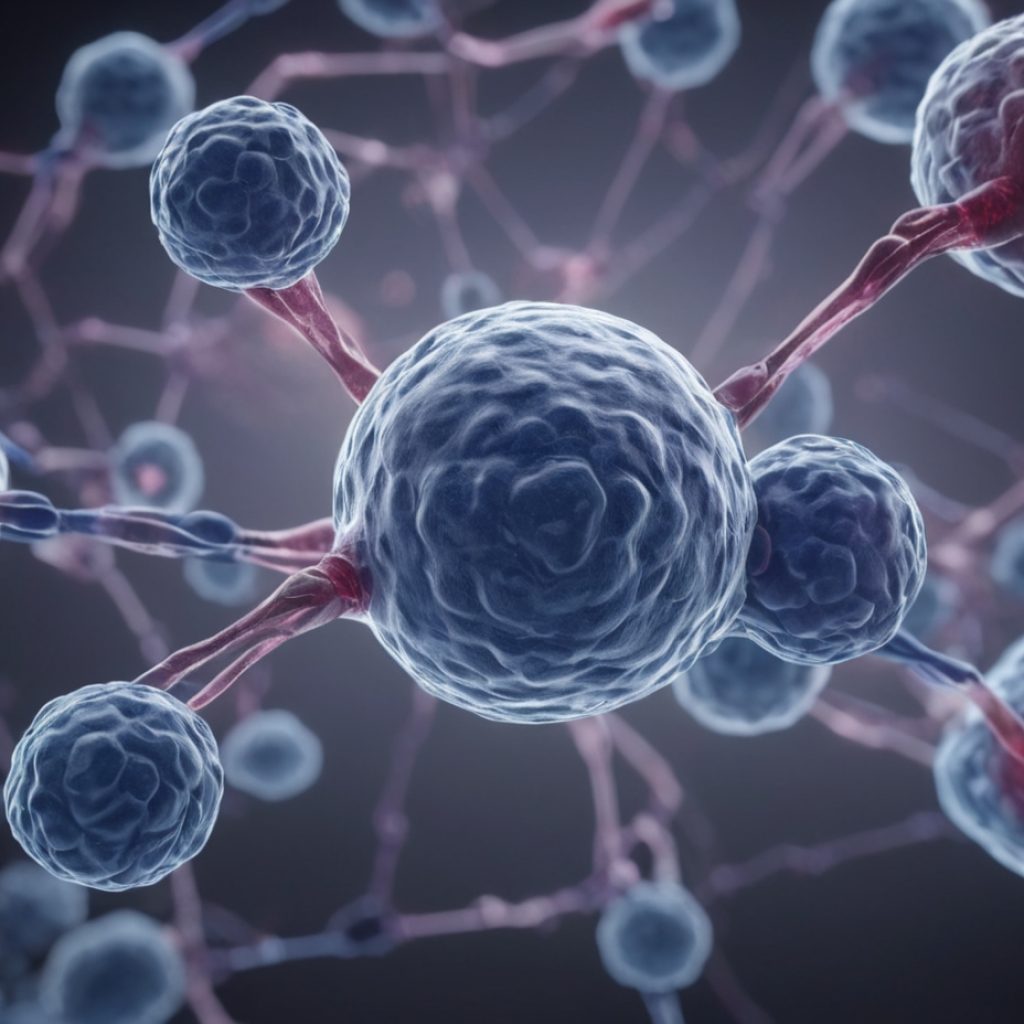In recent years, artificial intelligence (AI) has emerged as a powerful tool that can potentially transform various aspects of our lives, particularly in healthcare. This article explores AI’s latest advancements and impacts within healthcare, specifically focusing on its role in mammography and cancer drug development.
Transforming mammography: AI-enhanced detection
One of the most significant breakthroughs in AI applications within healthcare revolves around mammography. Traditional mammogram interpretation necessitates experienced physicians to examine images for signs of breast cancer. However, recent studies have revealed that AI-supported mammogram interpretation surpasses human capabilities in precision and efficiency.
Research indicates that AI-powered mammogram interpretation detects an impressive 20% more cases of breast cancer than experienced human radiologists. This enhances early cancer identification and reduces the workload for healthcare professionals, streamlining the screening process. Consequently, patients stand to gain from earlier diagnoses and improved treatment outcomes.
AI’s pioneering role in cancer drug development
Beyond diagnostics, AI is revolutionizing cancer drug development, addressing an unmet need in cancer biology research. Identifying potential drugs and targets typically involves sifting through thousands of compounds and data points, if not tens of thousands. This laborious and time-consuming process has long posed a challenge in drug development.
AI, however, is reshaping the landscape. With its computational power and data analysis capabilities, AI systems can rapidly process extensive datasets, pinpoint potential drug candidates, and predict their effectiveness. This accelerated drug discovery has the potential to expedite life-saving treatments for patients.
Dr. Nadar Sanai, director of the Ivy Brain Tumor Center in Phoenix, underscores the profound impact of AI in neurology and cancer biology. He highlights that AI has been a disruptive force in drug discovery, rendering the process more efficient and data-driven. The biotech and pharmaceutical industries have embraced AI considerably, recognizing its potential to hasten drug development and enhance patient outcomes.
AI’s future role in healthcare
The integration of AI into healthcare extends far beyond these specific domains. AI-driven innovations have the potential to influence every facet of the healthcare sector. From predictive analytics for disease prevention to personalized treatment plans based on genetic profiles, AI is poised to reshape the delivery and reception of healthcare.
Moreover, AI-powered systems can enhance accessibility for individuals with disabilities. Researchers are engaged in projects aimed at assisting people who are blind or have low vision. In today’s world, where critical information is often conveyed through video content, ensuring this information’s accessibility to all is paramount.
Collaborative initiatives, such as the one involving Arizona State University, University of Rochester, UC Santa Cruz, Columbia University, and Vista Center for the Blind and Visually Impaired, aim to develop AI-based systems capable of comprehending and transcribing video content, thereby enhancing the lives of those with visual impairments.
In the pursuit of unleashing the full potential of artificial intelligence, researchers and professionals continually push boundaries and explore novel frontiers. From augmenting mammography accuracy to expediting cancer drug discovery, AI is a formidable ally in healthcare. It is not solely about technological advancements; it profoundly impacts human lives.
The journey of AI in healthcare remains in its early stages, with its true potential yet to be fully realized. As Dr. Nadar Sanai aptly observes, AI introduces new interaction and information access possibilities. Ongoing projects and collaborations in this sphere promise a future where AI is increasingly pivotal in enhancing human well-being.
While challenges and ethical considerations persist, the potential for AI to catalyze positive change in healthcare is unmistakable. As these projects advance, we can anticipate even more innovative applications and transformative outcomes that will benefit patients and healthcare professionals alike.
The AI revolution in healthcare signifies a technological leap toward improved care quality and the potential to save lives. As these breakthroughs unfold, the healthcare horizon appears increasingly promising, with AI leading this transformative journey.





